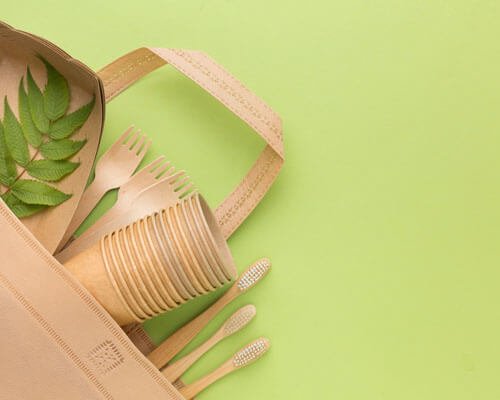No products in the cart.
Exploring PCR Plastic: A Sustainable
Packaging Shift for Businesses
What is PCR plastic?
PCR plastic, which stands for post consumer recycled plastic, is an eco-friendly packaging process that utilizes recycled materials from PET bottles and existing plastics, giving them a second life in the supply chain. With billions of pounds of plastic waste generated each year, there is a serious need to expand the use of PCR plastics for new products.
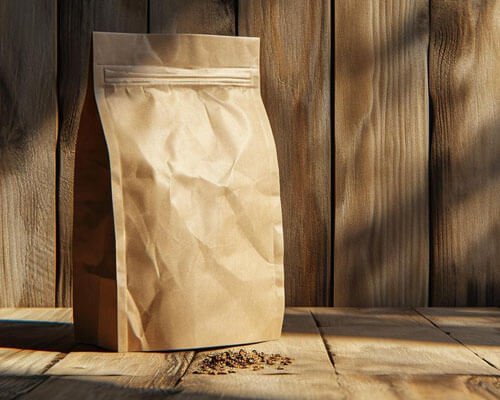
Advantages of PCR packaging
While all recyclable plastic packaging is a step in the right direction for brands and businesses looking to reduce their carbon footprint, there are several specific benefits worth discussing, including marketing advantages and adhering to regulatory compliance.
Environmental Benefits
The environmental benefits of using PCR packaging should go without saying. Using post consumer recycled plastic in lieu of other more wasteful materials can work towards reducing landfill waste, conserving precious resources and raw materials, and reducing greenhouse gas emissions. The environmental impact of recyclable packaging is the core benefit of using PCR plastics.
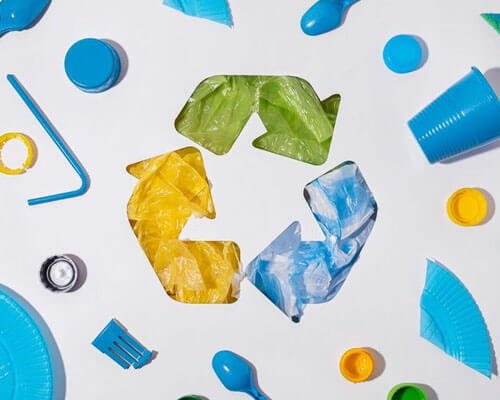
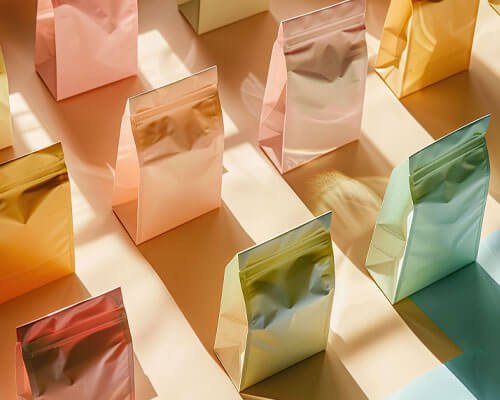
Marketing Advantages
Beyond using less energy and fossil fuels to manufacture and recycle, brands shouldn't overlook the marketing advantages of using PCR packaging. By adding messaging to your packaging about your company's sustainable manufacturing process and how it supports recycling programs, you can meet consumer demand for recyclable packaging, ultimately enhancing your brand image.
Regulatory Compliance
As time goes on, more and more local, state, and federal regulations will focus on reducing the waste in the environment created by plastic packaging. By using PCR packaging now (instead of when you're "forced" to), you can beat the regulatory bodies to the punch and be prepared for future regulations on the use of recycled plastics for plastic bottles and other plastic products.
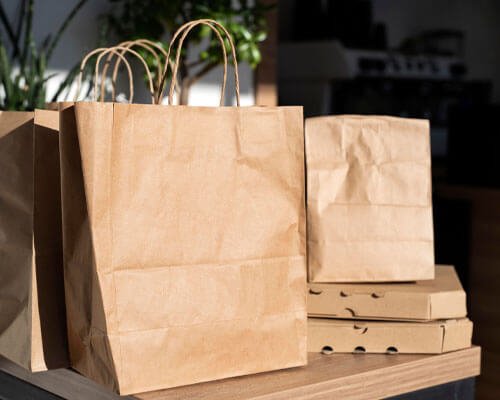
Challenges of Using Recycled Plastic Packaging
Of course, as with any type of material used for packaging, PCR plastic has some disadvantages. It's important to weigh any short-term challenges with long-term benefits before deciding if PCR plastic packaging is right for you. Our team can help you evaluate both sides to make a decision.
Discoloration
The reheating process in creating this type of product packaging can alter its color and clarity. Though it foes not hinder functionality, it can clash with the aesthetic of some brands. Fortunately, many customers are forgiving of slight discoloration if they know it's enhancing the circular economy.
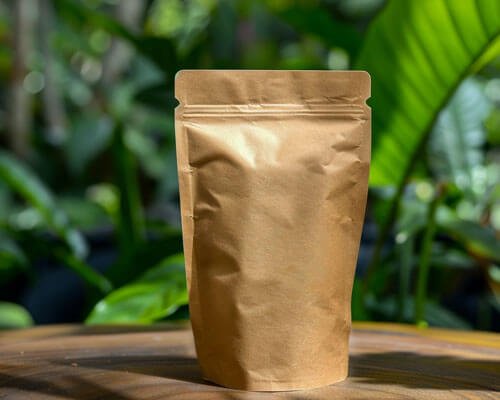
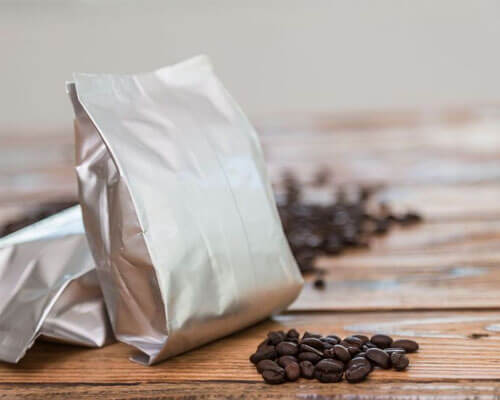
Supply chain complexities
The availability and consistency of the supply is not always guaranteed (because, after all, it requires that consumers recycle), which can cause delays. To help encourage recycling, some brands are printing information about how to use a recycling center on their new packaging.
Cost implications
The initial upfront cost of using post consumer recycled material is more expensive than other options currently available. Still it's worth noting, that the long-term positive impact on the environment and meeting sustainability goals trumps any short-term financial impact of using recyclable packaging.
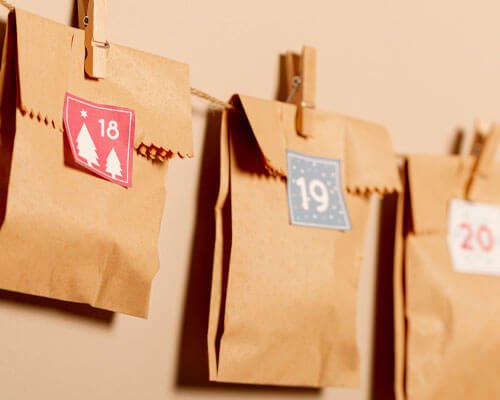
How to Implement Recycled Plastics in Your Packaging Strategy
If you're ready to reduce the use of fossil fuels and take the leap into sustainable packaging, and feel that PCR packaging is the right choice, implementing recycled plastics into your packaging strategy isn't difficult. The initial step is to assess feasibility of shifting to PCR packaging: audit your current packaging and supply chain, and evaluate how using packaging made from post consumer resin pellets will change this.
Next, you'll need to partner with the right suppliers and recycling facilities who have experience with these packaging types. Ask them about their experience with recycled products and which eco friendly packaging options they can offer you. Finally, work with them to determine what the best practices are for designing your packaging with PCR materials to maintain packaging effectiveness.
Future Trends & Innovations in PCR Packaging
As time goes on, we expect more innovations to be made in regards to post consumer resin and how post consumer recycled content is made and used. As technology improves, plastics will be more widely recycled and regular plastic film (aka virgin plastic) will become less and less common.
We also anticipate that there will be an uptick in collaborations between companies and recycling initiatives, similar to how companies like Lush provide freebies to customers who bring plastic cosmetics containers back to the store for recycling.
Finally, and perhaps most importantly, we anticipate legislative changes that will impact the use of PCR products. These changes will likely mandate the use of PCR content in finished products so more plastic material is kept our of the landfills and our larger environment.
CarePac: Your Partner in PCR Packaging
Regardless of the type of product you produce, a higher percentage of customers are focusing on the distribution chain and how it impacts the recycling stream. Fortunately, one plastic type that checks all the boxes and has a good shelf life is recycled PET packaging. Unlike virgin resin or virgin plastics, PCR packaging is created using plastic waste that already exists.
If you're ready to discuss switching to PCR packaging, you've come to the right place. With decades of experience in the industry, and a passion for sustainable packaging, we can help you get started. Contact us today.
